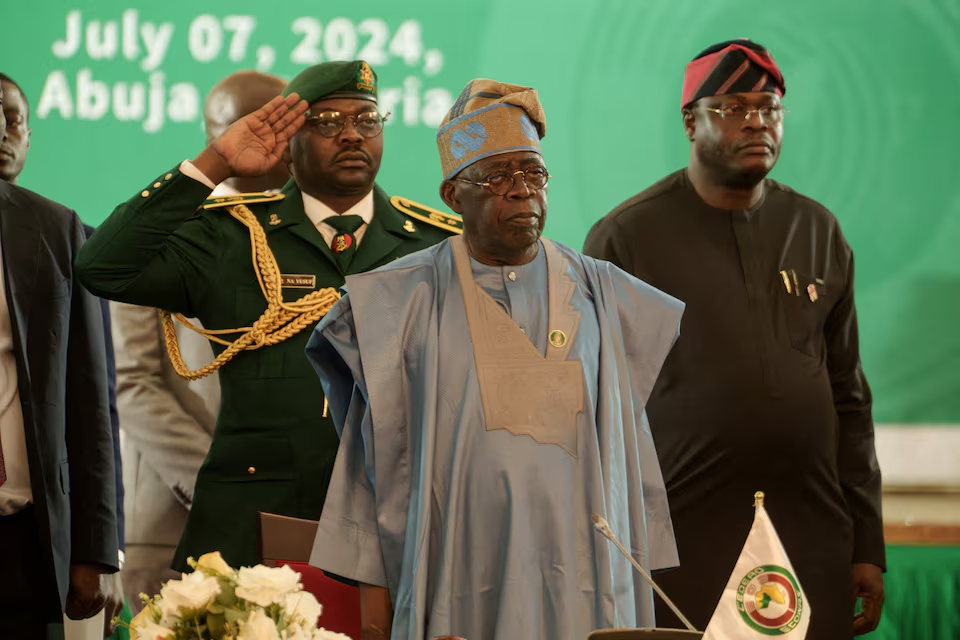Days before a nationwide protest over bad governance and a high cost of living, Nigeria is offering its young people jobs in the state-oil company and billions of naira worth of grants among other incentives to discourage the action.
Nigerian activists have been looking to emulate youth-led protests elsewhere in Africa which have rocked the government in Kenya and prompted a tough security response in Uganda.
Nigeria’s state oil firm, which seven years ago warned job seekers against falling prey to fraudulent messages about job placements in the company, published on Friday nationwide job vacancies in a post on X for the first time in nearly a decade.
An NNPC Ltd spokesperson said a flood of applications crashed the company’s website.
Nigeria’s ministry of youth development on Friday also relaunched a 110 billion naira ($70 million) youth investment fund that was started in 2020, aimed at providing grants to Nigeria’s youth to generate jobs.
The youth ministry had said in May said it would revive the programme but little had been heard about it until Friday.
On Tuesday, Nigerian lawmakers passed a new minimum wage, more than doubling the amount the least paid worker will earn monthly.
Nigerians are organising online for nationwide protests next week in response to a cost of living crisis that has seen inflation rise to a 28-year-high of 34.2% which followed President Bola Tinubu’s removal of fuel subsidies and a currency devaluation.
If you put a solar panel into space, you generate about 13 times the amount of energy that that same panel does on earth.
Religious clerics, traditional rulers and other prominent Nigerians have joined the government in discouraging young people from embarking on protests slated to begin from Aug. 1, fearing Kenya-style protests will wreak havoc on the economy.
The government has sought more time to end hardships and both the police and army leadership have warned against the protests, saying they could get out of control.
Protesters have said they have a right to peaceful demonstrations, calling the government’s warnings of violence a smokescreen for a potential crackdown.
